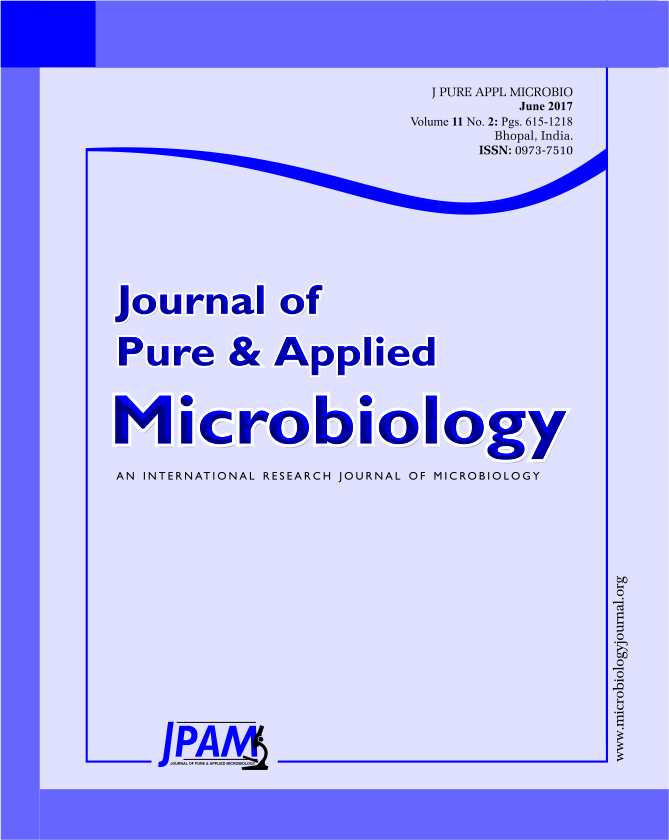The depletion of fossil fuel for energy production is one of the major problems being faced worldwide. As an alternative to fossil fuels, first and second generation biofuel was developed from corn, grains and lignocellulosic agricultural residues. These generations are inefficient in achieving the desired rate of biofuel production, climate change mitigation and economic growth. Therefore, third generation biofuel specifically derived from microalgae have proved to be a promising unconventional energy source. Microalgae are microscopic organisms that grow in salt or fresh water and have been used for producing metabolites, cosmetics and for energy production. The conventional approaches used for biofuel production include pyrolysis, gasification, direct combustion and thermomechanical liquefaction. The search for biological and eco-friendly approaches led to the emergence of Microbial Fuel Cell (MFC), which provide a new solution to energy crisis. Integration of photosynthetic organisms such as microalgae into MFC resulted in a new approach i.e. Microbial Solar Cell, which can convert solar energy into electrical energy via photosynthesis. Microbial solar cells have broad range application in wastewater treatment, biodiesel processing and intermediate metabolite production.
Microalgae, biofuel, microbial fuel cell, microbial solar cell, biomass conversion
© The Author(s) 2017. Open Access. This article is distributed under the terms of the Creative Commons Attribution 4.0 International License which permits unrestricted use, sharing, distribution, and reproduction in any medium, provided you give appropriate credit to the original author(s) and the source, provide a link to the Creative Commons license, and indicate if changes were made.


